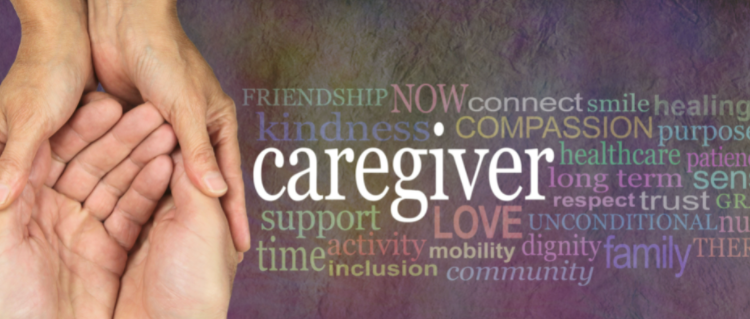By Tyler Bouwens
I hadn’t ever conceived being a caregiver would be part of my story until a reckless and likely intoxicated driver hit my wife, Sophia in March of 2015. She spent a month in the hospital recuperating from a diffuse axonal traumatic brain injury, a broken shin bone, broken jaw, and a broken occipital condyle. I can never quite remember if it was her left or right, but she only had one broken. One of those strange details that remains fuzzy, I guess.
I was with her every day. The time was like a job. I would drop our two young kids off at their preschool, drive to the hospital, work as her caregiver, go pick up the kids, do dinner and bedtimes, and start over the next day. At the same time, I needed care myself, We had immense help from friends and family with food, chores, errands, financial support, household goods, anything.
Many reading this are likely familiar with all the “tasks” of caregiving, but perhaps the unforeseen impacts caregiving can have on a marriage is more unfamiliar. When life circumstances force one partner to care for the other, the natural reciprocity of caregiving within a healthy partnership is interrupted.
For a whole month, and then another year or more, that balance of mutual caregiving between Sophia and me was way off. I made medical decisions for my spouse that now cause me feelings of regret years later. But I also made decisions I am proud of years later. Now, whenever Sophia feels pain in her leg, I question whether or not I made the right decision having them insert the rod into her tibia. Maybe we should have just casted it? My empathy and ability to address her needs as a caregiver in the present is hijacked by these post-traumatic thoughts of doubt. I’m not able to meet her where she needs me now as well.
This “caregiving effect” impacts our marriage in other ways now as well. For instance, for a year or more after the accident, I saw Sophia strive towards working full time again. She pushed herself and was so driven to return to her work which she loves so much. And while I was supportive, seeing her come home so exhausted was hard. Often, she immediately needed to nap, or simply laid down for an hour or more. With time and distance from March 2015, she no longer needs those post-work naps, but she can still get tired. We all get tired if we overwork ourselves, regardless of whether we have a brain injury. Now, when Sophia is working a lot or potentially taking on more responsibilities, I express concern she may be working too hard. It is difficult for us to navigate those conversations without retriggering feelings of inadequacy or stimulating fears of disability. We still clunk through these conversations, both having a commitment to make it to the other side loving each other.
Moving forward after brain injury and moving forward from that role of caregiver have been difficult in ways I keep secret from the world around me, like how when we were recently camping, Sophia’s hair was a bit disheveled, which is completely predictable when you are tent camping with three children. Nonetheless, it reminded me of how her hair needed brushing in the hospital. Seeing her hair while camping reminded me of how I washed, dried, and brushed her hair while she laid in a hospital bed unconscious or barely aware. Those lower brain feelings of fear kicked right back into gear, and I just wanted her hair to be brushed.
I harbor these feelings and thoughts so that no one else, especially Sophia, can see them, for fear she may be upset or retriggered to that traumatic time. Harboring these memories or ignoring how this “post caregiving effect” impacts our current relationships does not serve a partnership well. Sophia and I have found it helpful to talk about these things, write, see a therapist, and find new ways to care for one another in a more equitable and reciprocal way. We have also found healing through focusing our energies collaboratively to care for our children, home, and garden. We can be caregivers together too.
Thanks for spending your time to read part of my story. I hope it can help illuminate how your caregiving role may be impacting your current relationships.











